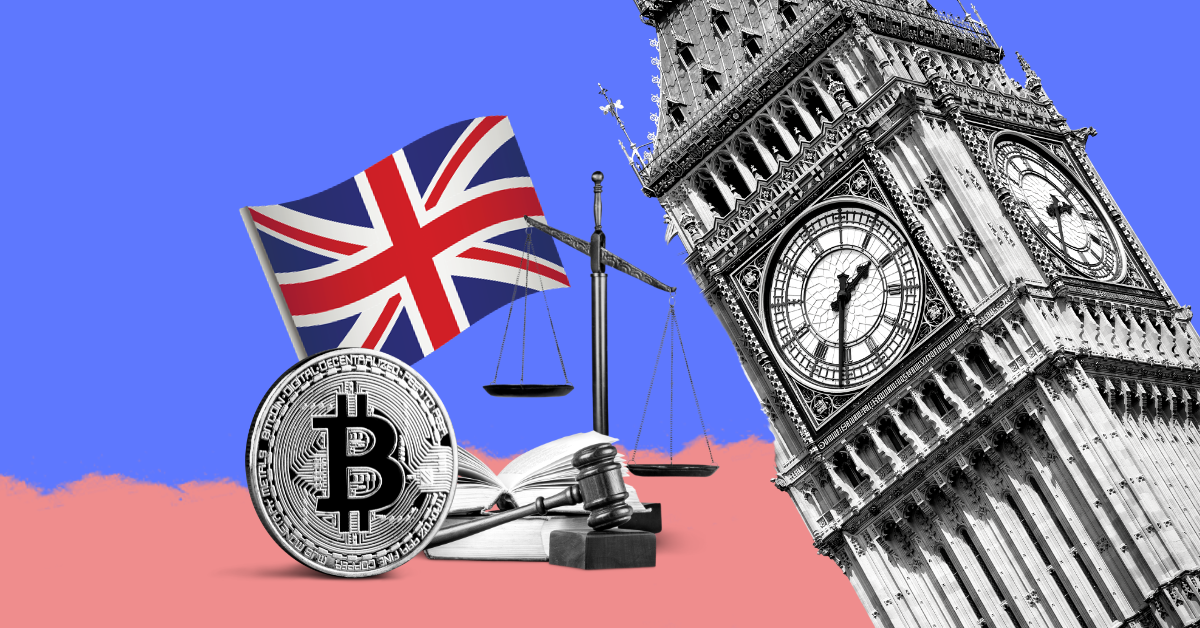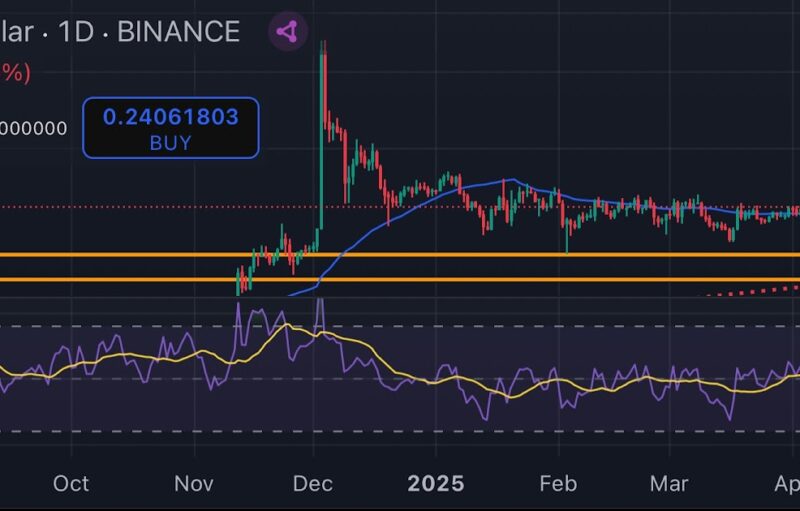
The Investment Association’s recent announcement that British investment managers have received government authority to create tokenized funds marks a significant step forward in integrating blockchain technology into the financial sector. Tokenization, or fractionalization, involves dividing assets into smaller tokens, each supported by blockchain technology. This development is poised to revolutionize how investments are handled in the UK.
Key Benefits of Tokenization in Investment Funds
The primary advantage of tokenization is that it allows investors to access a more comprehensive array of assets. By breaking down investments into smaller, more accessible units, a broader range of investors can participate in markets that were previously out of reach due to high entry costs. Furthermore, tokenization promises to make the trading of fund assets more cost-effective and transparent.
The Financial Conduct Authority (FCA) of Great Britain has set guidelines for implementing tokenized funds. These guidelines stipulate that investments must be made in conventional assets and that the valuation and settlement processes remain consistent with existing practices.
“UK Fund Tokenization – A Blueprint for Implementation”
A pivotal document in this development is the “UK Fund Tokenization – A Blueprint for Implementation,” released by the Working Group in collaboration with HM Treasury and the FCA. This report outlines the strategic adoption of Distributed Ledger Technology (DLT) in fund tokenization, emphasizing the potential for increased operational efficiency, transparency, and global competitiveness in the investment fund sector.
The First Phase of Implementation
The first phase provides investment management companies with a comprehensive strategy for tokenization that aligns with the current legal and regulatory framework. In this initial phase, FCA-authorized funds can adopt a baseline approach to tokenization, focusing on portfolios of mainstream investment assets and maintaining traditional valuation and settlement processes.
Under this model, tokenized funds will utilize DLT to register holders, ensuring a high degree of consistency and recognition with existing mainstream funds.
Industry Leaders’ Perspectives
Michelle Scrimgeour, Chair of the Working Group and CEO at Legal & General Investment Management, highlighted the importance of collaboration between the investment management industry, the FCA, and HM Treasury. She emphasized the need for the UK to stay at the forefront of technological developments to foster innovation.
Echoing these sentiments, Sarah Pritchard, Executive Director at the FCA, underlined the FCA’s commitment to leveraging new technologies and innovations to strengthen the UK’s position in global markets. She welcomed the report, acknowledging it as a significant step forward in adopting tokenization, and confirmed no substantial regulatory barriers to implementing the proposed baseline model.
In summary, the move towards tokenization in the UK’s investment sector signifies a groundbreaking shift towards modernizing financial markets and making them more accessible, efficient, and transparent, leveraging the power of blockchain and DLT.
The post appeared first on Coinpedia






